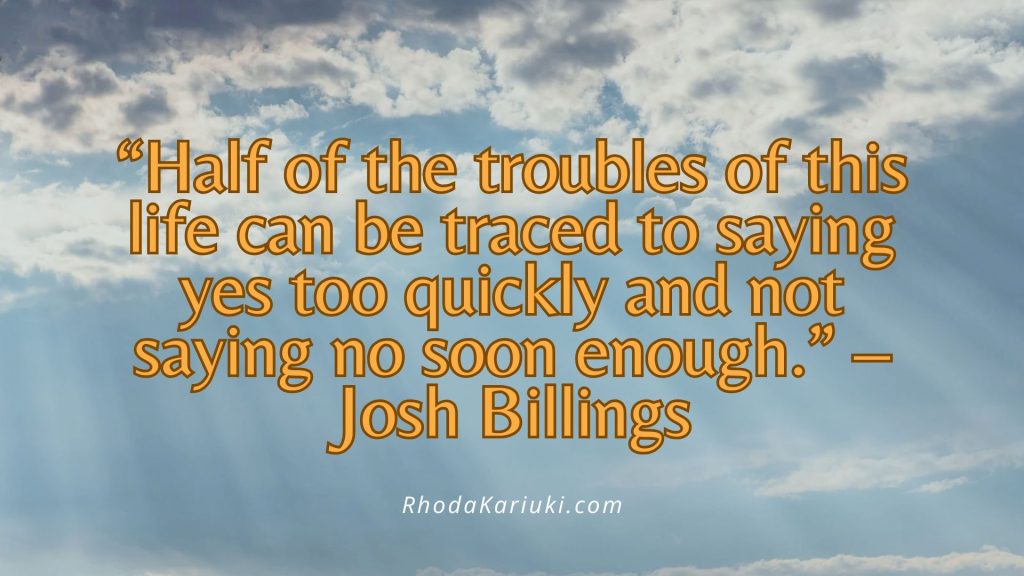For years, I lived in the choke hold of guilt.
Not the kind that comes from doing harm—
but the kind that shows up simply because I chose myself.
Every time I said no, every time I put up a boundary, every time I dared to rest—
Guilt came knocking, whispering: “Who do you think you are?”
And for a long time, I believed it.
I believed that my worth was tied to my availability.
That love meant sacrifice.
That “being good” meant being endlessly agreeable.
But guilt, I’ve come to learn, isn’t always a reliable guide.
In fact, sometimes it’s just an echo of old programming—a false alarm, not a sign of wrongdoing.
The Difference Between True Guilt and Conditioned Guilt.
True guilt is our conscience. It’s sacred.
It nudges us when our actions cause real harm.
It calls us back to integrity.
But conditioned guilt is different.
It’s inherited. Learned. Imprinted. It comes from years of being rewarded for self-sacrifice.
It comes from systems that praised obedience over authenticity.
It comes from a world that taught us love must be earned, not received.
Conditioned guilt is what makes you feel bad for telling the truth.
For resting. For needing space.
For saying no.
But hear this clearly:
💡Guilt is not proof that you’ve done something wrong.
💡Sometimes, it’s just a sign that you’re doing something new.
Why Saying No Is a Sacred Practice
Saying no isn’t just a boundary—it’s a declaration.
It says: I matter too.
It says: My body, my energy, my peace—these things are not up for negotiation.
It says: I am no longer abandoning myself to make others comfortable.
And yes, guilt may rise.
That’s okay.
Feel it.
Name it.
But don’t bow to it.
Because every time you honor your “no,”
you’re also honoring your “yes.”
Yes to rest.
Yes to authenticity.
Yes to inner peace.
That’s not selfish.
That’s spiritual.
What I Believed Before I Knew Better
- That love equals sacrifice
- That my needs were less important than others’
- That saying no would make me unkind
- That I had to earn rest, space, or silence
But I’ve unlearned those lessons ...
And in their place, I’ve planted new truths:
- Love thrives in honesty, not in silent resentment
- My needs are not a burden—they’re divine
- Saying no is an act of clarity, not cruelty
- I don’t have to prove my worth—I am worthy now
Reframing Guilt: A New Way to See It
Instead of treating guilt like a stop sign,
I now treat it like a check engine light.
It doesn’t mean I’ve done something wrong—
It means something old is being challenged.
Something outdated is being reprogrammed.
Something sacred is being restored.
And I honor that.
How to Practice Saying No Without Carrying Shame
Here are a few practices that have helped me break free from the guilt trap:
✅ Pause Before You Respond
Create space. You don’t owe anyone an instant yes.
✅ Speak From Grounded Truth
Say no with love, not apology: “That doesn’t work for me right now,” is enough.
✅ Notice the Guilt—But Don’t Let It Drive
You can feel guilt and stay true to yourself.
✅ Affirm Your Choice
Remind yourself: “I am allowed to choose me.”
✅ Breathe Through the Discomfort
Growth often feels unfamiliar. That doesn’t mean it’s wrong.
In Closing: The Practice of Self-Honoring
Saying no is not rejection—it’s redirection.
It’s you guiding your life with intention, not obligation.
Let guilt rise. Let it pass.
But do not confuse it with truth.

You were never meant to be everything for everyone.
You were meant to be whole, honest, and free.
And every time you choose yourself,
you’re not being selfish—you’re being sacred.
